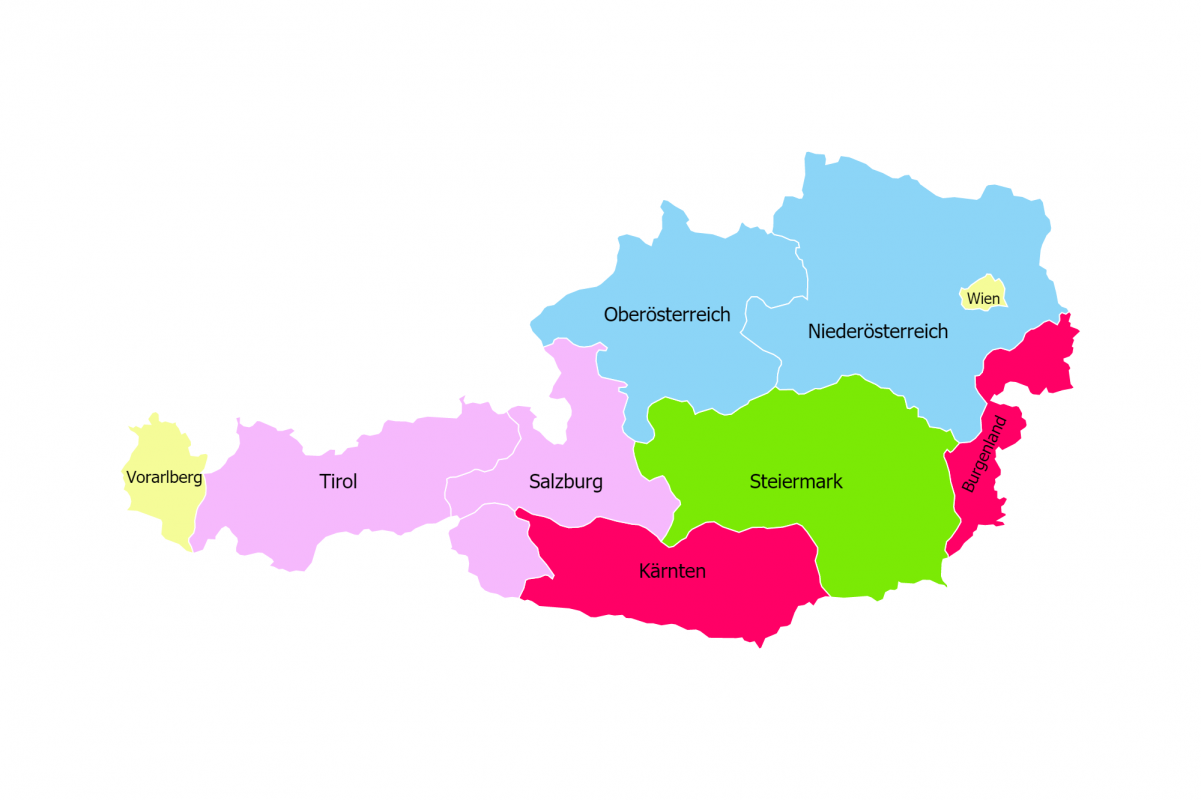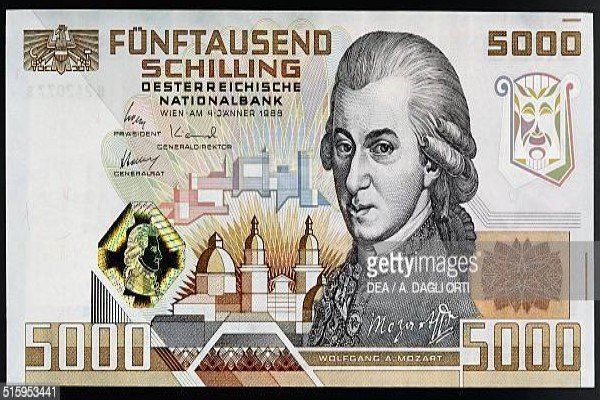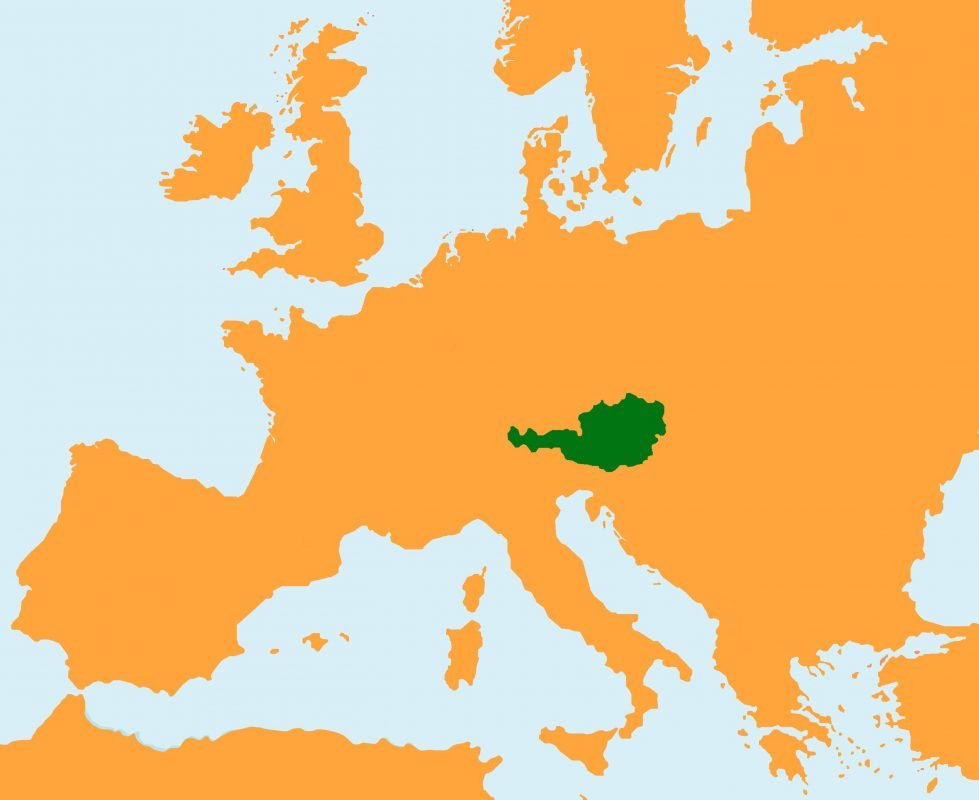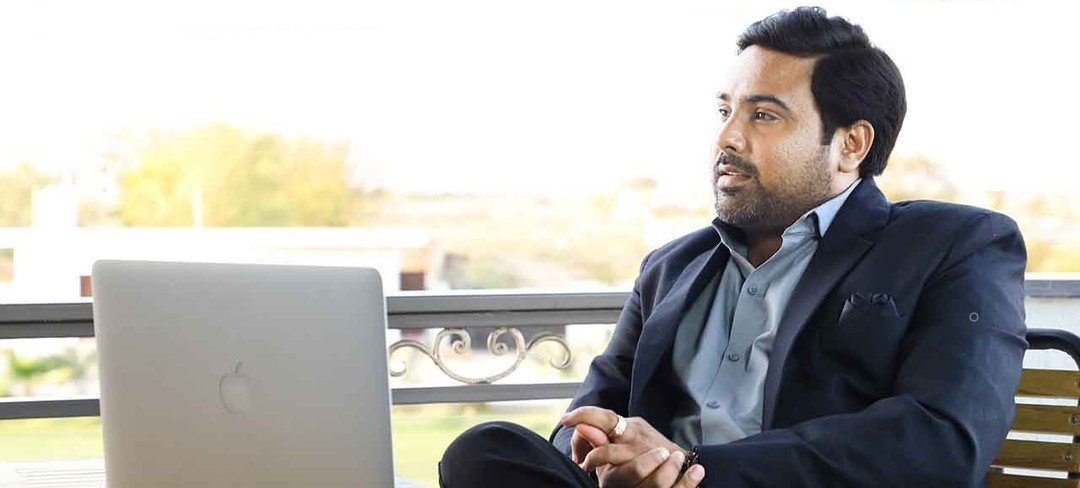CURRENCY
BUSINESS OPPORTUNITIES IN AUSTRIA
AUSTRIA




FLAG

AUSTRIA
CAPITAL CITY

VIENNA

THE EURO
Language

Population

90.61 LAKHS
Country
Calling Code

+43
LOCATION:

EUROPE
BORDER COUNTRIES:
THE CZECH REPUBLIC
GERMANY
SLOVAKIA
HUNGARY
SLOVENIA
ITALY
SWITZERLAND
LIECHTENSTEIN
ABOUT AUSTRIA
Amongst all the countries in the European continent, Austria is one of the most prosperous and well-developed nations. It is a landlocked country located in Central Europe and bordered by Germany, Czech Republic, Slovakia, Hungary, Slovenia, Italy, Switzerland, and Liechtenstein. The capital of Austria is Vienna (Wien), which is also the largest and most populated city in the country.
According to the World Bank, Austria has been classified as a High-Income Nation with a stable and competitive economy. The currency of Austria is the Euro (EUR). The population of Austria is approximately 9.16 million as of 2024.
The official language of Austria is German, but other regional languages such as Croatian, Slovenian, and Hungarian are also spoken in some areas. The majority of the population follows Christianity, with Roman Catholicism being the dominant religion, while a smaller portion follows Protestantism, Islam, and other faiths.
Austria is a federal republic consisting of nine states. It has six international airports, including Vienna International Airport, Salzburg Airport, Innsbruck Airport, Graz Airport, Linz Airport, and Klagenfurt Airport, which connect the country to major destinations across Europe and the world.
Austria’s location makes it a strategic gateway between Western and Eastern Europe, providing exceptional opportunities for trade, logistics, and investment. The country is also a member of the European Union (EU), the United Nations, and the World Trade Organization (WTO).
Economic Overview
Austria is one of the most advanced economies in Europe, driven by a well-diversified industrial and service base. It follows a social market economy model, combining free-market capitalism with strong social welfare programs.
The Gross Domestic Product (GDP) of Austria stands at approximately $477 billion (2023), with a GDP per capita of around $49,300, reflecting a very high standard of living.
The Austrian economy is supported by industries such as machinery manufacturing, automobiles, chemicals, electronics, wood and paper production, food processing, and tourism.
The corporate tax rate in Austria is 23%, which is competitive compared to other European countries. Various tax incentives and R&D subsidies are available for businesses engaged in innovation, sustainability, and technology-driven projects.
Business Setup and Legal Framework
Establishing a business in Austria requires compliance with the Austrian Commercial Code and EU trade laws. The process is highly transparent and investor-friendly.
Foreign investors can choose from various forms of company structures in Austria such as:
- Limited Liability Company (GmbH)
- Joint Stock Corporation (AG)
- Partnership (OG / KG)
- Branch Office of a foreign company
A GmbH (Limited Liability Company) is the most common and preferred type for foreign investors, and it allows 100% foreign ownership. The minimum share capital required to form a GmbH is €35,000, out of which at least half (€17,500) must be paid up at the time of registration.
Opesh Group will be assisting investors throughout the Due Diligence process, which includes financial planning, company registration, business licensing, and office setup assistance in Austria.
Types of Businesses Which Can Be Started in Austria
- Manufacturing
Austria’s industrial sector is highly advanced, making it one of the best destinations for investors looking to set up manufacturing units. The country produces machinery, vehicles, chemicals, and industrial equipment, much of which is exported to other EU and global markets. Investors can explore machinery manufacturing, pharmaceutical production, or eco-friendly product manufacturing.
- Tourism and Hospitality
Austria is world-famous for its Alpine mountains, music, culture, and historical sites. The tourism sector contributes heavily to the GDP (over 7%) and provides vast opportunities in hotel chains, eco-resorts, wellness tourism, and travel infrastructure. Major cities such as Vienna, Salzburg, Innsbruck, and Graz attract millions of international tourists every year.
- Renewable Energy
Austria is a global leader in renewable energy, especially hydropower, which accounts for more than 60% of its electricity generation. The government actively encourages investments in solar, wind, and biomass energy projects. Investors can gain long-term benefits by partnering with Austrian renewable energy firms or establishing clean energy units.
- Information Technology & Communication
The ICT sector in Austria is one of the most rapidly growing. With the rise of AI, data centers, software development, and cloud services, foreign investors can easily collaborate with Austrian firms. The government provides grants and R&D funding for tech startups.
- Agriculture & Food Processing
Although Austria has limited agricultural land due to its mountainous terrain, it focuses on organic farming and high-quality food production. The demand for organic food, dairy, and beverages is very high both domestically and internationally. Setting up a food processing or packaging plant can be highly profitable.
- Healthcare & Pharmaceuticals
Austria has an excellent healthcare system but there is constant demand for medical devices, biotechnology, and pharmaceutical manufacturing. Many global pharma companies, including Novartis, Pfizer, and Sandoz, already have operations in Austria. New investors can focus on medical R&D, healthcare logistics, and private clinical facilities.
- Transport & Logistics
Due to its central location, Austria acts as a logistics hub between Western and Eastern Europe. Investors can explore opportunities in transportation, warehousing, cargo handling, and e-commerce logistics.
- Real Estate & Infrastructure
With urban expansion and a strong economy, Austria’s real estate and infrastructure sectors are thriving. Investors can focus on commercial properties, co-working spaces, industrial parks, and renewable housing projects.
Advantages of Starting Business in Austria
- Strategic Location: Acts as a gateway to Europe, providing access to over 500 million consumers in the EU.
- Stable Political and Economic Environment: Austria enjoys political neutrality and stability, making it a secure investment destination.
- Highly Skilled Workforce: The literacy rate is nearly 99%, and the education system emphasizes technical and vocational training.
- Strong Legal Protection: Transparent and reliable legal system protects investor interests.
- EU Membership Benefits: Free access to the European single market and favorable trade agreements.
- Infrastructure Excellence: Advanced transport systems, telecommunication networks, and logistics hubs make business operations seamless.
- Tax Incentives: Special R&D tax credits, investment allowances, and innovation grants are provided to attract foreign businesses.
Imports & Exports
Austria has a highly developed trade network and is one of the most export-driven economies in Europe.
Major Exports from Austria
- Machinery and mechanical appliances
- Vehicles and automotive parts
- Electrical and electronic equipment
- Pharmaceuticals and chemicals
- Iron and steel products
- Optical and medical instruments
Major Imports to Austria
- Mineral fuels and oils
- Machinery and electrical equipment
- Vehicles
- Plastics and raw materials
- Food products and agricultural goods
Business Opportunities for Indians in Austria
Austria offers immense business potential for Indian investors and companies looking to expand globally. Indian entrepreneurs can explore opportunities in:
- Pharmaceutical Manufacturing – Setting up drug formulation or generic medicine units.
- IT Services and Software Development – Collaboration with Austrian tech companies for cloud, cybersecurity, or AI-based projects.
- Engineering and Machinery – Supplying industrial equipment, spare parts, or setting up assembly plants.
- Renewable Energy – Joint ventures in solar or hydroelectric projects.
- Food and Beverage – Exporting Indian food products, spices, and dairy goods to Austria’s growing Asian food market.
Trade Between India and Austria
Major Items Exported from Austria to India
- Machinery and mechanical appliances
- Pharmaceuticals
- Iron and steel
- Chemicals
Major Items Imported from India to Austria
- Textiles and garments
- Automotive components
- Pharmaceuticals and medical supplies
- Organic and processed food products
- IT and digital services
India and Austria maintain friendly diplomatic and trade relations, and several Indian companies are already operational in Austria.
Key Economic Data
- GDP: $477 Billion
- GDP Growth Rate: 1.8%
- Ease of Doing Business Rank (EU context): Among the top 30 globally
- GDP per Capita: $49,300
- Corporate Tax Rate: 23%
- Literacy Rate: 99%
- Unemployment Rate: Approx. 4.5%
Conclusion
Austria is one of the most developed and stable countries in the European Union, offering unmatched opportunities for investors seeking a safe, innovative, and profitable business environment. With its strong economy, transparent laws, and pro-investment policies, it serves as a perfect base for companies planning to enter the European market.
Opesh Group will help you in every step — from business registration, due diligence, investment guidance, to office setup — ensuring a smooth experience while establishing your business in Austria.
Thanks for reading this article. Watch our video and know more about Austria.
For any business inquiry, Join our Millionaire Program and change everything in your life and business.
📞 Call / WhatsApp: +91-8094607111
MOST RECENT VIDEOS
SIGN UP TODAY
Get our exclusive content and offers in your inbox











